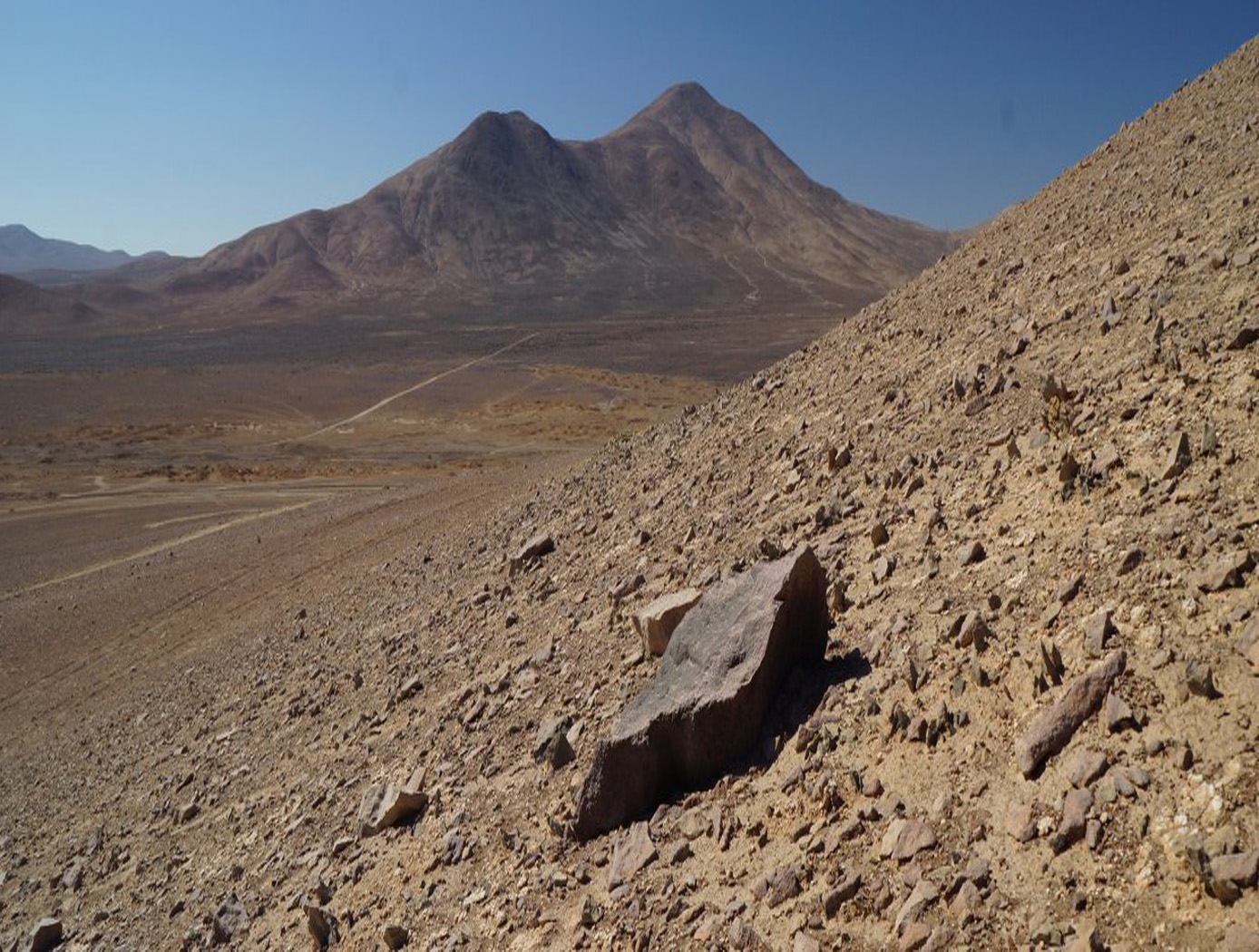Search
Mechanical and Fluid Systems

Extractor for Chemical Analysis of Lipid Biomarkers in Regolith (ExCALiBR)
The technology provides miniaturized techniques for extracting trace amounts of organic molecules (lipids) from natural samples. It operates as an autonomous, miniaturized fluidic system, integrating lab techniques for lipid analysis while minimizing reagent volumes and concentrating organics for analysis, thereby increasing signal-to-noise ratios by orders of magnitude. The non-aqueous fluidic system described herein for astrobiological and life-detection missions (either in situ or returned sample) is configured to extract lipid organics from regolith using (1) a fluidic sample processor made of materials compatible with organic solvents and (2) a machine-learning system to select processing steps and parameters to maximize lipid yield. A critical gap is bridged by integrating technologies into a system that replicates analytical lab procedures autonomously on a spaceflight instrument scale with fidelity to original lab techniques. Automated fluidic devices combine controlled handling of liquids with sequential operations and parallelization of replicate processes. By designing such systems to closely interface with both sample-delivery and analytical measurement systems, laboratory analyses are automated. The technology adapts best practice laboratory methods for lipid analysis, overcoming analytical challenges like low organic abundance, interference of minerals/salts, and degradation of origin-diagnostic molecular structures. The extraction and concentration techniques from rock/soil samples can be applied to any biomarkers by changing the solvent, temperature, and agitation.



